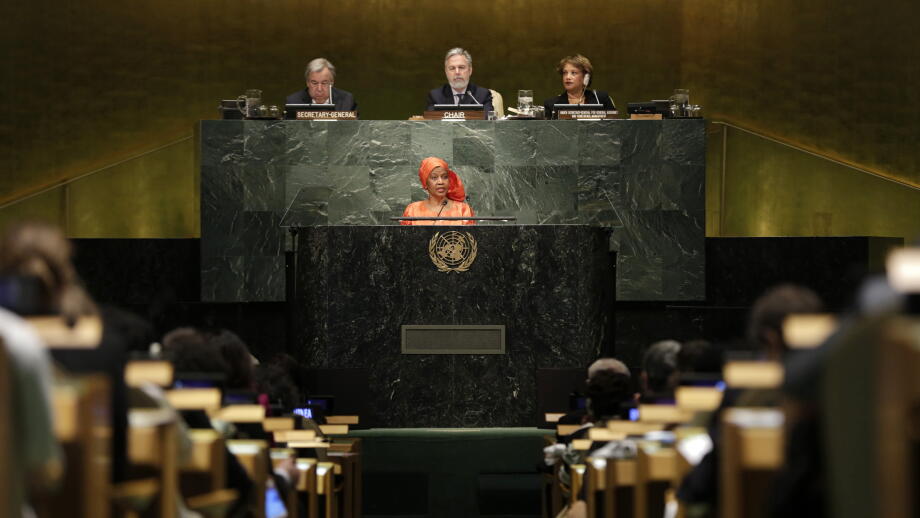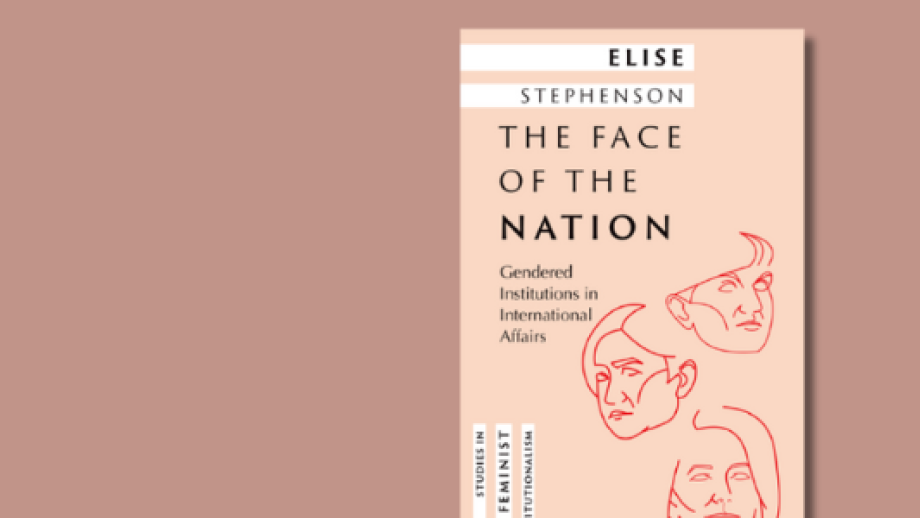In Short:
Interest in crisis leadership has grown rapidly during Covid-19. Globally, gendered leadership styles have arisen in response to mass uncertainty and emerging health and economic priorities, from the rise of the strongman leader to feminist protector. This article uses the case of Queensland, Australia, to explore the concept of feminist stewardship at subnational levels.
Overview
Scholars such as Carol Johnson and Blair Williams have argued that Covid-19 has led to more favorable coverage of female political leaders than was previously the case. This is attributed to a traditional perception of the motherly role associated with the political response. They laud New Zealand as an exemplary feminist political response in this crisis. Yet Queensland, an Australian state, is also headed by a female politician, with an equivalent population of just over five million, just over 1,300 COVID-19 cases, and only seven deaths.
Like Jacinda Ardern, Queensland Premier Annastacia Palaszczuk won an election in October 2020, in what was perceived as a referendum on her government’s approach to COVID-19 response and recovery. Instead of invoking maternal images, she instead exercised what we term “feminist stewardship” by transferring her legal power over to apolitical medical experts. She was seen to display feminine protectionism by closing internal borders and resisting pressure to re-open borders from male elites who labelled her “heartless.” Even so, her party’s economic recovery package remained resolutely focused on traditional male-dominated areas of mining and construction. This paper extends our understanding of gender and political leadership during COVID-19 by drawing on extensive gender-disaggregated health, economic, and electoral data.
First, the article will canvas the literature, with the aim of further refining and defining feminist stewardship. Then, using the case study of Annastacia Palaszczuk’s premiership of Queensland during COVID-19 and her re-election, we will explore the concept of feminist stewardship and its impact on COVID-19 health, economic, and electoral outcomes. Ultimately, we argue that while in ordinary times there are few links between gender and leadership outcomes—with the exception of public perception of leadership which heavily favors men—in crisis, gendered leadership matters.
Contact
Elise Stephenson
Deputy Director
Climate change, Intersectionality & identity, Politics & international affairs, The space sector, Youth engagement
You may also like
Glass cliff candidates in the 2022 election
Our analysis of the women candidates running in unwinnable seats in the 2022 federal election
The diplomatic Glass Cliff
For the first time in history, women in Australian diplomacy have equal or near-equal representation in leadership whilst the institution they represent is shrinking — in funding, footprint and…
The Face of the Nation
In her book, Dr Elise Stephenson traces the evolution of inequalities in international affairs and interrogates why women and gender diverse folk still remain underrepresented in this field.




